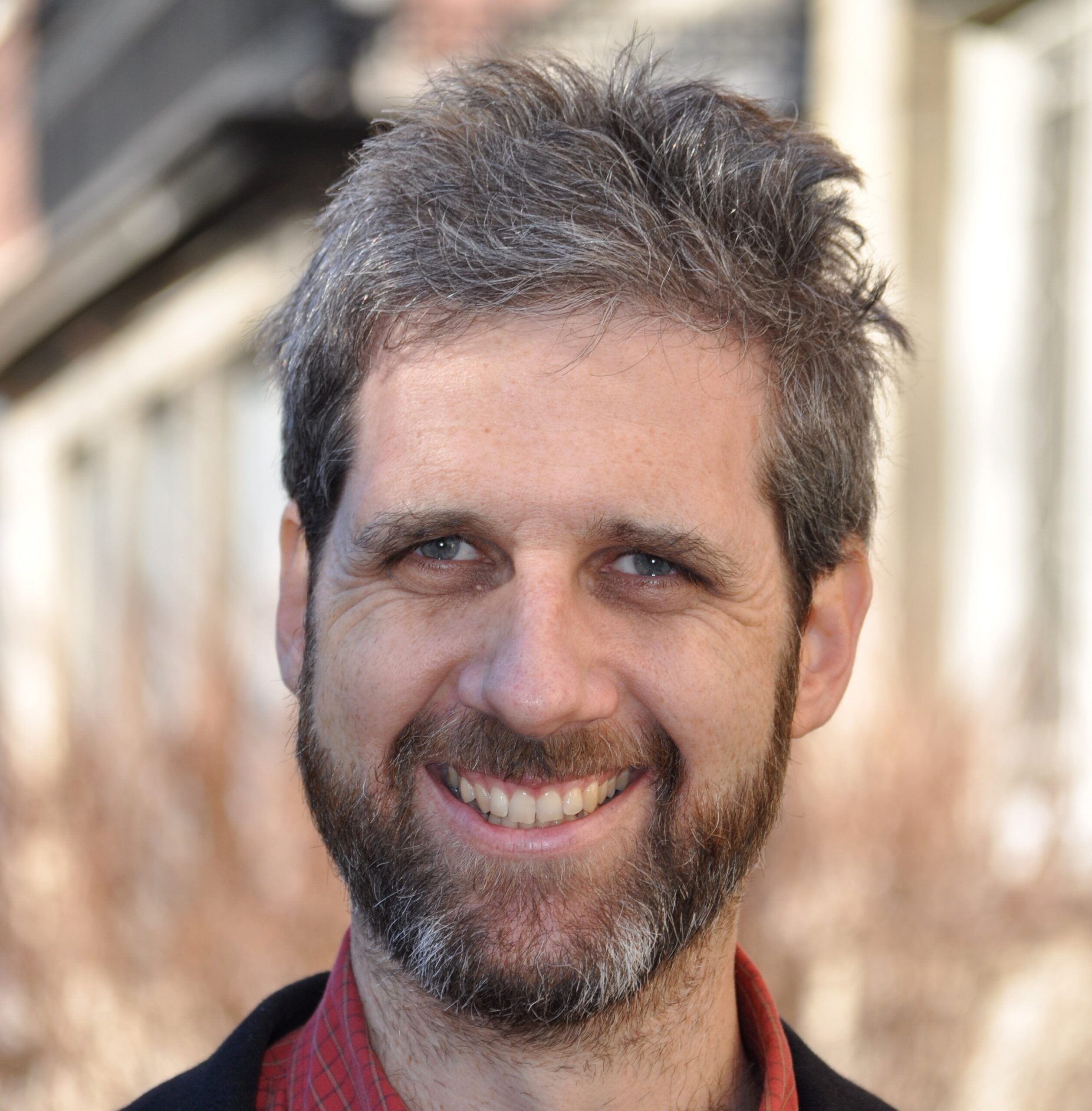Across the four-day Society for Risk Analysis (SRA) conference, IPUR took part in two parallel sessions and a symposium on pertinent risk topics. From dimensions of risk perceptions to public attitudes towards net zero, the presentations and discussions were a timely opportunity to receive new insights and views from participants to further shape research projects and initiatives. The SRA conference this year was held in Lund, Sweden, from 18-21 June.
Dr Olivia Jensen, Lead Scientist (Environment and Climate) kicked off IPUR’s series of activities with a presentation on “Unravelling support for net zero – A systematic review”. The presentation reflected the Institute’s new ongoing research to study public attitudes towards net-zero, and its importance as a successful policy goal for many governments. The presentation provided an overall picture of the current literature, ranging from policy instruments, geographical scope, methodology, to general observations, and was followed by a discussion on future research agendas contributing to the public understanding of risks in the area of net zero transition.
Dr Jensen’s second presentation, “Dimensions of risk perception: A multi-risk multi-target perspective”, was derived from Project Wavelength, IPUR’s flagship project. She highlighted how people perceive risk differently for different risk targets (i.e., individual, society, and the world) and that risk dimensions (worry, fear, controllability, perceived harm etc). The findings contributed to an insight discussion for future risk communication interventions and strategies in various socio-economic settings.
IPUR’s involvement in SRA culminated with a symposium titled “Global Risk Perceptions – From Data to Insight”, and drew data from the Lloyd’s Register Foundation World Risk Poll. Dr Tra Trinh, IPUR Research Fellow, presented a study on “Seeking information on natural hazard risk: global evidence”, which utilised the Poll’s data to investigate the different sources of information (mass media, influential personalities, social media etc) people look to and trust most during a natural hazard. The study found different information-seeking characteristics across different groups of people, countries, and information sources, which go on to suggest various avenues for risk communication strategies. More than 20 people involved in the symposium expressed their interest in exploring the dataset and some brought up reflections for the upcoming polls.


